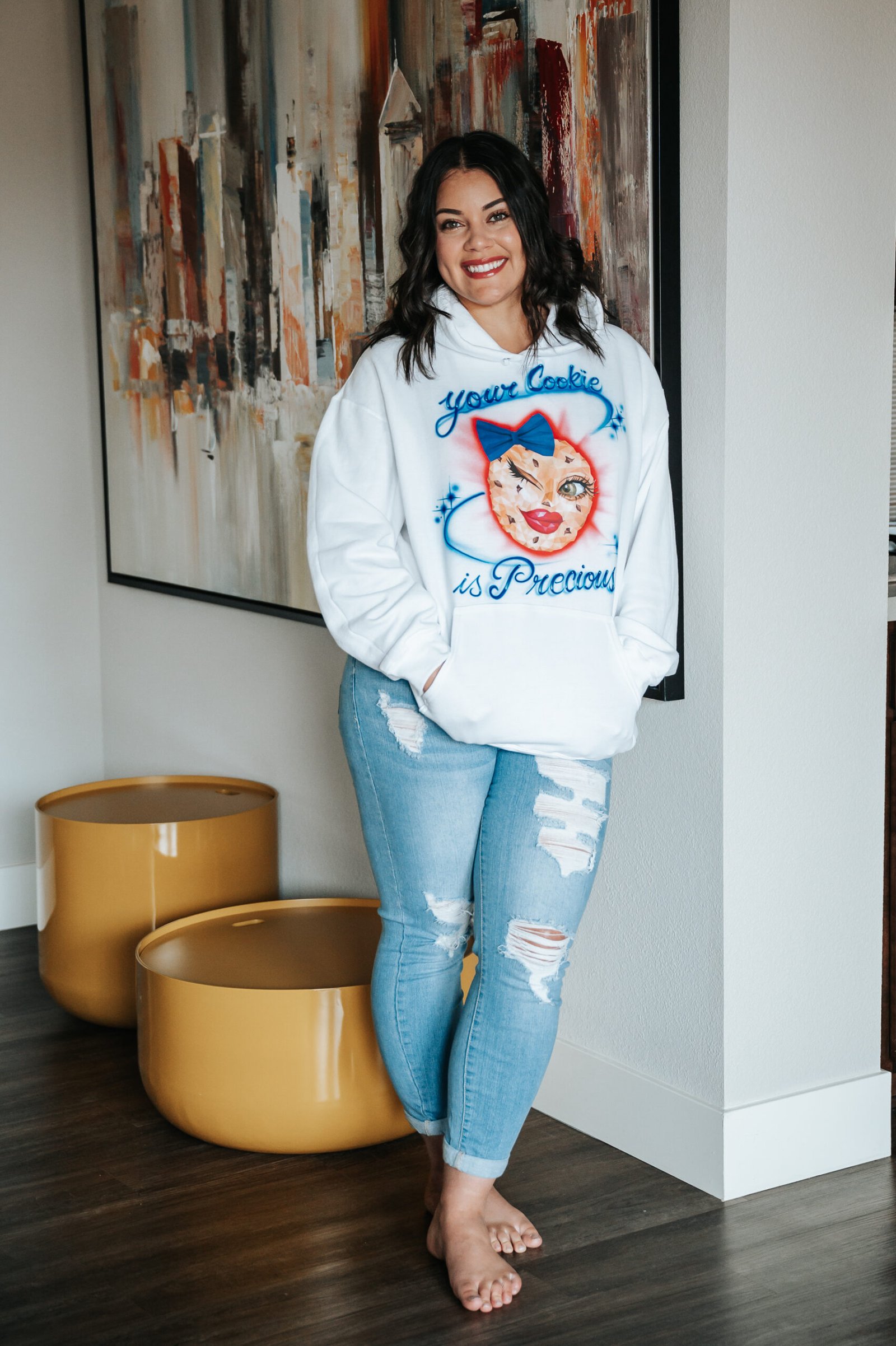
Can you please introduce yourself and tell us a bit about what you do?
Sure, my name is Nilzara Rivera. I am your real, raw, yet loving Intimate Partner Violence Recovery Coach. I help women struggling to find themselves after abuse reclaim their mind, heart, and cookie®, yes, their vaginas, through a spiritual journey so they can be who they were always meant to be without the influence of their abuser(s) or anyone else. I specialize in helping women gain a deep connection to themselves and their higher power through understanding their thoughts, feelings, and emotions. I help women reignite their heart’s desires; to feel alive again. Lastly, I help them reclaim their vaginas and sensuality.
Can you share your journey and what brought you to this point?
My upbringing was heavily influenced by the presence of my alcoholic father, which unfortunately shaped my attraction toward toxic, abusive partners. I spent my late teens, 20s, and early 30s trying to prove to these men that I was worthy of their love. I believed they would love me back if I “loved” them enough. However, I was only destroying my mind, heart, and cookie® in the process.
It wasn’t until my second marriage that I realized and humbly accepted that I was the common denominator in all the chaos I had endured. It was a wake-up call, urging me to make different choices to break free from this destructive cycle.
So, I decided to heal. I connected with an excellent trauma counselor who showed me how to confront my pain and sort out my feelings and emotions. During this period, God became a pivotal piece to my healing process, and I believe that his divine presence is what guided me to become an Intimate Partner Violence Recovery Coach.
How can someone identify an abusive relationship? It’s not always physical, right?
Recognizing an abusive relationship can be challenging, especially for those who have experienced dysfunction in their upbringing. Dysfunction becomes the lens through which we view life; it normalizes harmful behaviors and skews how we experience love. Often, we carry these learned patterns into adulthood, making it challenging to identify when we’re in an unhealthy relationship because we feel in “love.”
It’s challenging to realize we’re in an abusive relationship because we don’t perceive it as such. Often, we have been conditioned to believe that we are too emotional or overreacting when we try to bring up an issue or concern, so we learn not to trust or deflect our feelings. However, it’s typically towards the end of the relationship, when we’re mentally worn down and confused, that we question what’s happening. One way to identify intimate partner violence in any capacity is through the cycle of abuse. Abuse is a pattern of tension building or walking on eggshells, then experiencing a fight or an explosion, followed by the honeymoon phase where things temporarily improve or get brushed under the rug without resolution. If this cycle is present, you are in a toxic relationship, and toxicity varies in its extremeness. Stepping back and observing patterns can be helpful. While acceptance can be difficult, these little observations can gradually reveal the truth.
What should someone do if they realize they’re in an abusive situation after reading this?
This is a complex question, as the answer depends on the severity of the abuse. In most cases, I advise individuals to prioritize their safety and develop a safety plan. Start by becoming creative and find ways to stash money away, even if it means selling items through platforms like Facebook Marketplace. Explore your options, and make phone calls to find out where you can go for support. Consider discreetly buying extra food and supplies, preparing for the possibility of leaving.
Create a plan for yourself so you can leave when the opportunity arises. It may be easier for some to pack up and leave swiftly, while for others who are deeply entangled in the situation, a strategic plan is necessary. I always caution against leaving until you are fully prepared. Leaving impulsively without a plan or a safe place to go can often result in returning to an even more abusive situation. Leaving indicates a shift in power dynamics, which may escalate the abuse.
It’s crucial to be ready for the challenges that lie ahead. Leaving is not necessarily the hardest part; it’s what comes after, especially if you have children. If the abuse is severe, I recommend leaving as soon as possible. Report the abuse, especially if children are involved, and contact the appropriate authorities, ensuring a documented record of the incidents. Some places offer temporary shelter for domestic abuse, providing 72 hours to determine the next steps. Building a track record of the abuser is essential.
Remember to have a plan, save money, stockpile necessary items, and reach out to a trusted friend or family member who can support you when you decide to leave. If you have a job, it’s advisable to continue working and not give it up, even if the abuser pressures you to do so.

